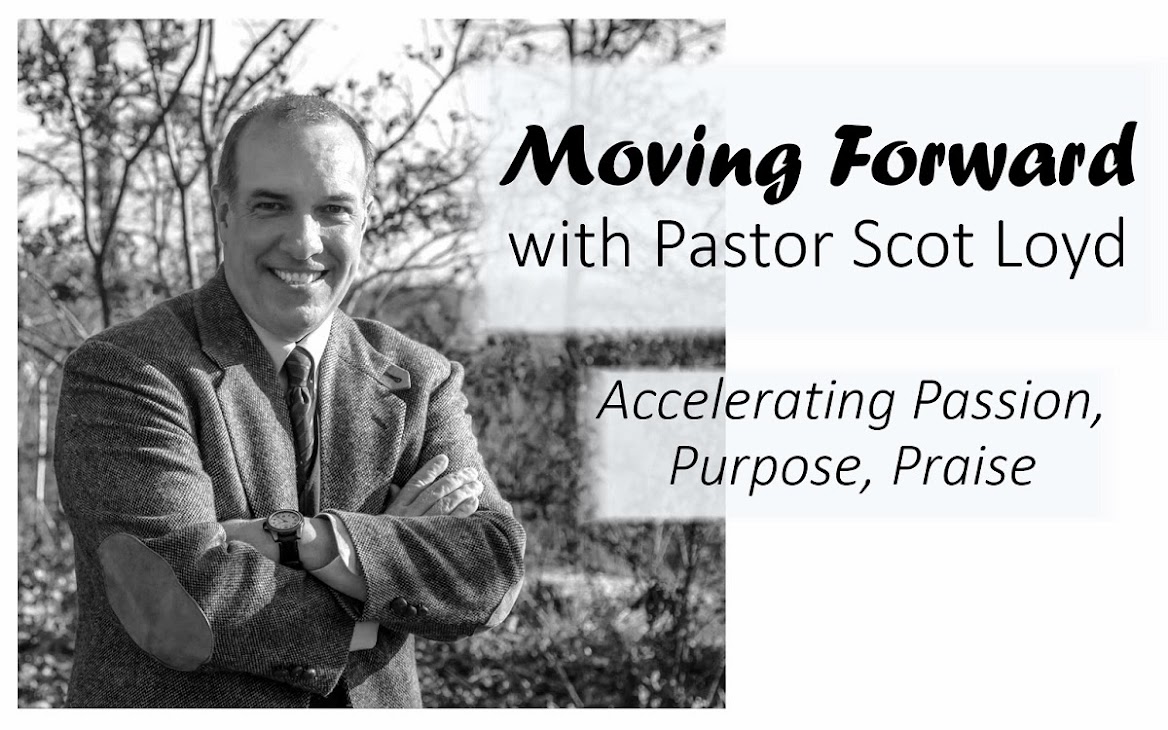Author Eliza Tabor once said, “Disappointment to a noble
soul is what cold water is to burning metal; it strengthens, tempers,
intensifies, but never destroys it.” For many the
Holiday season is a time of intense disappointment, from the trivial, such as not
receiving the gift you had asked for on Christmas morning, to the more serious,
such as the turmoil of escalating family dysfunctions. But the reality of
disappointment need not be a destructive force; it can be a tempering,
strengthening force in our lives when we understand the providential hand of
God directing these disappointments for our good.
Many Biblical examples come to mind when we think of those
who endured suffering and disappointment, but since this is the Christmas
season, it may be appropriate to re-visit the events surrounding the miraculous
birth, not of our Savior, but of His cousin, John. The story of John the Baptist’s birth is one that is often
overlooked in Scripture, but one that is very important to our understanding of
God’s providential hand in bringing the Christ into the world. In the closing
pages of the Old Testament, an obscure prophet by the name of Malachi wrote
these words, “Behold, I send my messenger and he will prepare the way before
me. And the Lord whom you seek will suddenly come to his temple; and the
messenger of the covenant in whom you delight, behold, he is coming, says the
Lord of hosts.” (Malachi 3:1)
Some four centuries later, God moved on the heart of an
evil, but brilliant king, Herod the Great, to erect this temple into which
Messiah would come. History teaches us that Herod, the puppet king during the
Roman occupation of Israel, was a megalomaniac. And he was so in love with
himself that on every stone that made up the temple he branded his initials.
Many stones of
the temple weighed as much as a jumbo jet, and the temple was visible miles
away from Jerusalem. Herod wanted everyone who visited Jerusalem, a city whose
population would swell to as many as one hundred thousand during Jewish feasts,
to know that it was King Herod who was great. In the Gospel of Luke, chapter one, Luke contrasts the
backdrop of this historical landscape with the story of an unassuming country
preacher by the name of Zachariah and his wife Elizabeth. The Bible also
reports that they were both advanced in years and without children, a
devastating and dangerous condition in their culture.
Zachariah would have been one of about 18, 000 priests in
Israel at the time, leading his local synagogue of about 30 to 40 people in a
community of only 50 to a 100 people. Twice a year, the priests were permitted
to go to Jerusalem to serve at the temple. The desired job at the temple was to
represent the people of God by entering the temple and offering a prayer at the
altar of incense in the holy place. This honor was determined by the casting of
lots, the ancient way of making a selection without showing favoritism; it was
their version of flipping a coin. Zachariah could have conceivably gone to Jerusalem for many
years competing with 750 other priests that made up his division, one of 24,
for this one spot of service. So his experience was much like mine on the
playground, he was never picked, until this day recorded in Luke, chapter one.
After years of disappointment for Zachariah, it was God who
directed his selection. As Proverbs 16:33 reveals, “The lot is cast into the
lap, but its every decision is from the Lord.” It was in the holy place of
service that the angel Gabriel appeared to Zachariah, announcing to him that
his expectation for the arrival of Messiah and his desire for a child would be
answered. The Angel added in Luke 1:15, speaking of the child that
would be born to Zachariah and Elizabeth, “for he will be great before the
Lord.” The Angel of the Lord revealed the reality of God’s perspective,
announcing that true greatness was not in the external trappings of an earthly
king who declared his greatness by burning his logo onto everything he built,
but in the quiet faithfulness of an elderly couple and the bold preaching of a
miracle baby who would grow up to prepare the way of the Lord.
In our disappointments it can be very easy to lose sight of
the fact that God is in charge of our destiny and it is He who chooses to use
our disappointments, as was exemplified in the lives of Zachariah and
Elizabeth, as the means of His blessing to the world.


















